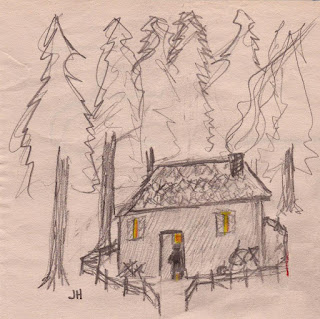For my money, the answer is 'not really'. As a complete package, Max Payne 3 is mechanically clunky and thematically jarring. Max is convincing as a down and out cop, taking bodyguard work - a fresh setting, and interesting plot and the themes are kept in tact by Rockstar's deft touch. There's wonderful attention to detail in the graphics, and the characters look fantastic. Voice acting is excellent. Little touches are applied all over which show such care for the final product - just the way Max holds his weapons, or interacts with the environment are superb.
However, the gameplay is where it falls apart for me. The sheer amount of slaughter in this game is not just ridiculous but vaguely insulting. At every turn Max is gunning down an order of magnitude more enemies than would make any sense in the plot. He more or less single handedly takes down
(1) 3 gangs,
(2) a private security force
(3) an entire police station and
(4) an militarized airfield.
There's no subtlety, no pacing, just and endless horde to butcher and move through. The effect kills any sense of storytelling and removes all weight from Max's noire style soliloquies on how useless and pathetic he is. He's the deadliest man with a gun the world has ever seen! He should be getting paid millions to speak at NRA rallies.
Ultimately, we have to conclude that the gore is all there for us to enjoy, since jumping around in bullet time, using cover, and contextual cinematics are supposed to be such fun. But, on normal, the game is so hard that you have to give up on most of the freedom of movement and just methodically cut down your foes to move on the next stage.
I tried for a while to think of it as a GTA style satire on violence, but it doesn't hold up - so much has gone into creating this twisting noire plot of secrets, lies and things gone horribly wrong that the action sequences just don't mesh. Either would have been possible, but not both at once, at least not here.
In the end, this game isn't terrible, there are fun moments, and as I said above, it is amazingly well polished. Its just disappointing how close it came to something really interesting.
J




